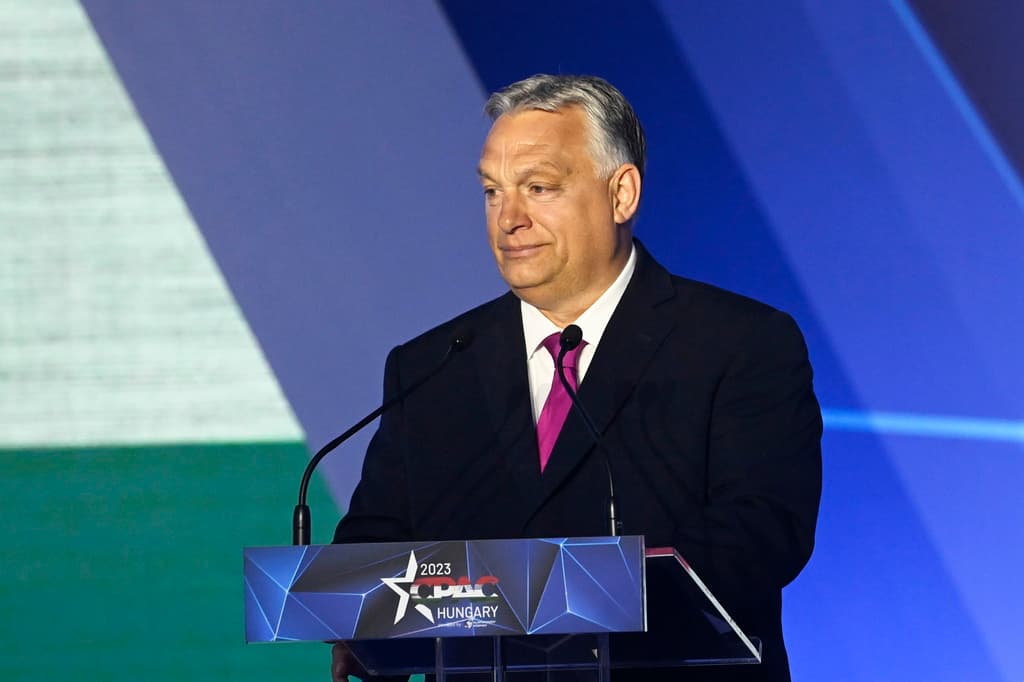Radioactive Rhetoric? Hungary Wants Ukraine’s Counteroffensive To Stop Before It Even Starts
Ukraine calls on Budapest to ‘condemn Russian aggression, demand that Moscow stops the war and return the Russian army to Russian territory.’

With friends like Hungary, does Ukraine really need enemies? New remarks from the Hungarian prime minister, Viktor Orban, about the direction of the war in Ukraine could catapult that question beyond rhetorical territory.
Please check your email.
A verification code has been sent to
Didn't get a code? Click to resend.
To continue reading, please select:
Enter your email to read for FREE
Get 1 FREE article
Join the Sun for a PENNY A DAY
$0.01/day for 60 days
Cancel anytime
100% ad free experience
Unlimited article and commenting access
Full annual dues ($120) billed after 60 days

